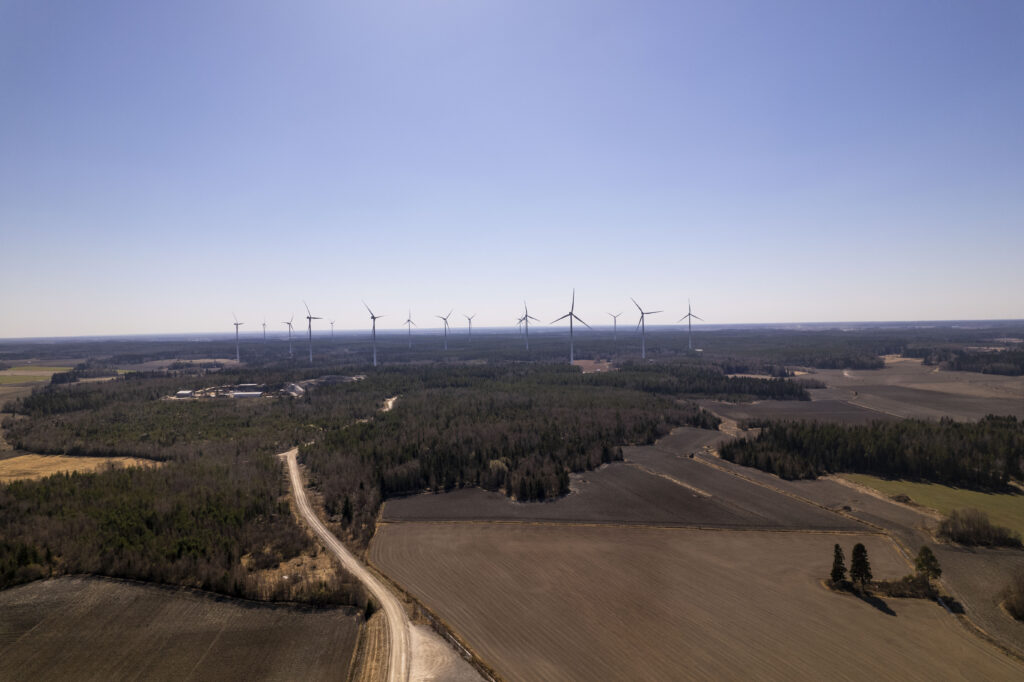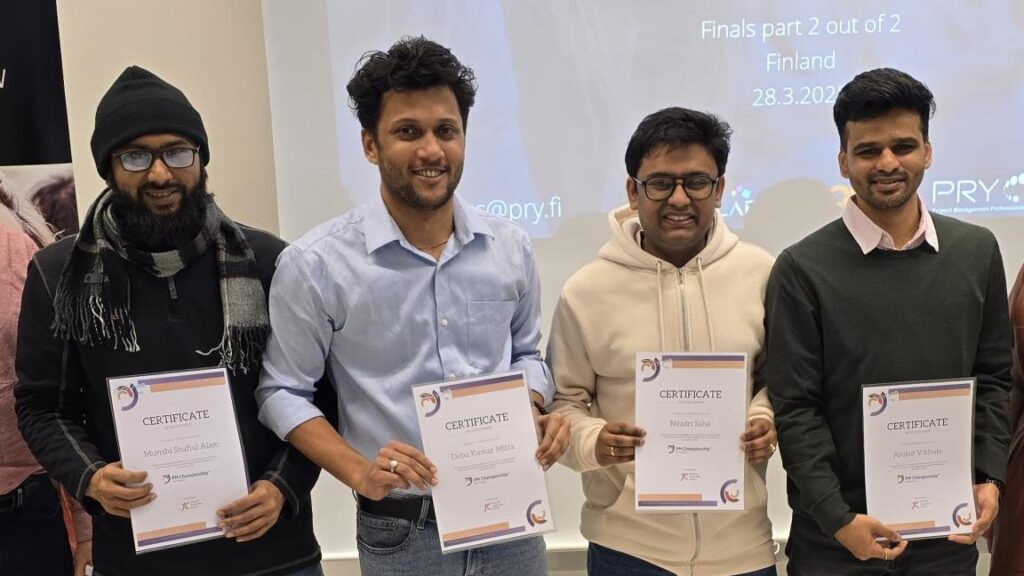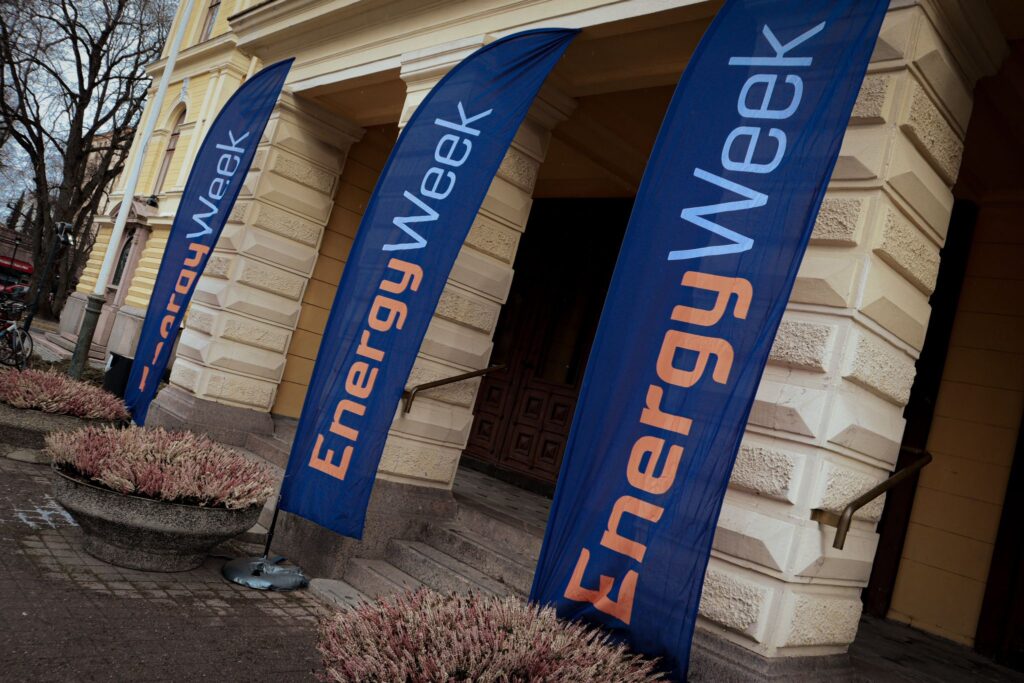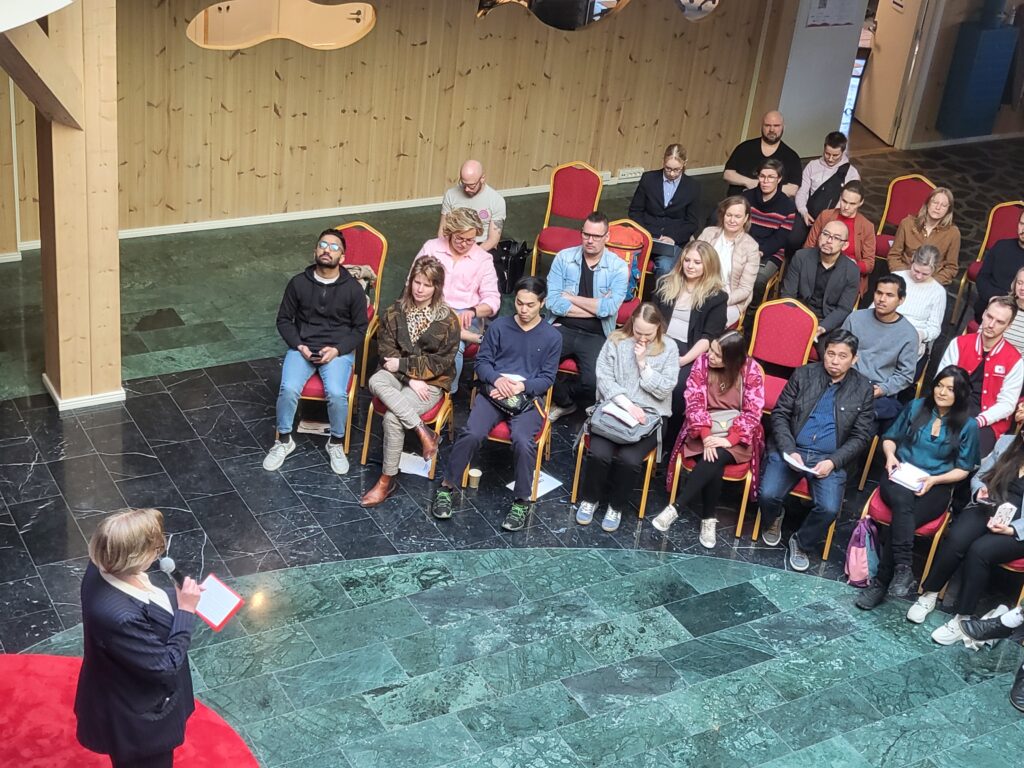Billion euro green transition investments are currently being planned in many parts of Ostrobothnia. “We welcome green investments and work hard to prepare for them,” is the message from the Regional Council of Ostrobothnia.
Finland profiles itself as an environmentally-friendly industrial country, which is already attracting investments from many parts of the world. This is particularly evident in Ostrobothnia, where a large number of investments are concentrated.
“We welcome green investments and work hard to prepare for them”, says Mats Brandt, Regional Mayor at the Regional Council of Ostrobothnia.
Land-use is crucial
The green transition often requires a lot of land use, and in this regard the regional land-use plan being worked on by the Regional Council of Ostrobothnia is extremely central to wind power. Mats Brandt says it is already clear that green investments are moving to places where there is access to inexpensive green electricity.
“Ostrobothnia is the Finnish region with the second largest wind power capacity, with a production that will likely triple during the next 5-8 years”, says Mats Brandt.
A perfect example of ongoing development is a large offshore wind farm currently being planned off the coast of Korsnäs.
The knowledge is there
Ostrobothnia already has a lot of expertise in the cleantech sector. The hydrogen economy is also growing and a cluster of actors is active in the region.
Mats Brandt says that all of this is helping attract new investment.
“In Ostrobothnia there is access to expertise, knowledge and solutions that are making the world greener”, says Brandt.
Ostrobothnia has had one of the best employment situations in Finland for a long time. Several sectors are already recruiting more experts to the region which encourages further labour migration.
The Ostrobothnia Chamber of Commerce estimates that private investments in the Ostrobothnia and Central Ostrobothnia regions will amount to as much as EUR 23.5 billion by 2030.

Studies already carried out
The municipalities and the regional council are actively conducting studies to help companies interested in making green investments in Ostrobothnia. For example, the reports being compiled provide answers on which areas are suitable for the various activities.
There are even several suitable area options regarding the production of electricity by solar photovoltaic cells, biogas or hydrogen initiatives.
Solid preparatory work has also been done in the municipalities to prepare for battery investments. As such, several suitable alternatives are offered both for battery cell manufacturing and the production of cathode materials, for example.
Ostrobothnia leads the way
Ostrobothnia is currently developing into a pilot area for industrial policy. This means that the co-operation between the state, regions and municipalities is growing ever deeper to strengthen the national investment climate.
Part of that work involves getting closer to what is sometimes referred to as the ‘one-stop-shop principle’. The long-term goal with this principle is that companies wanting to invest in Ostrobothnia should only have to turn to one party, regardless of whether it is about building permits or environmental permits, for example.
“It is also important to create predictability; good planning is half the battle”, says Niklas Ulfvens, Development and Business Manager at the Regional Council of Ostrobothnia.
















